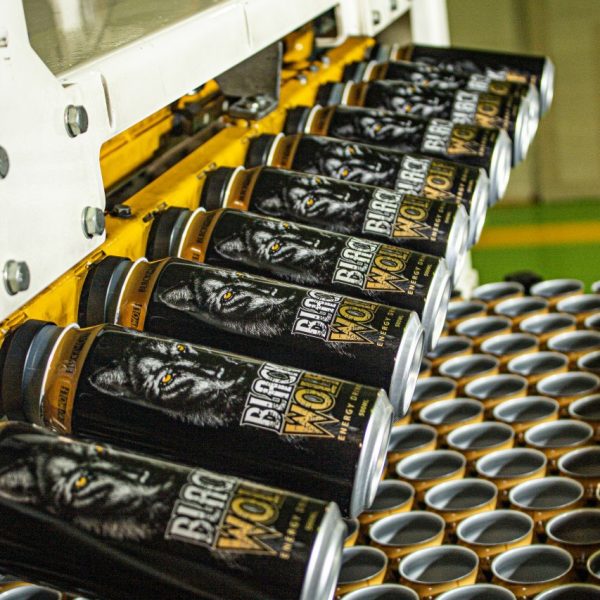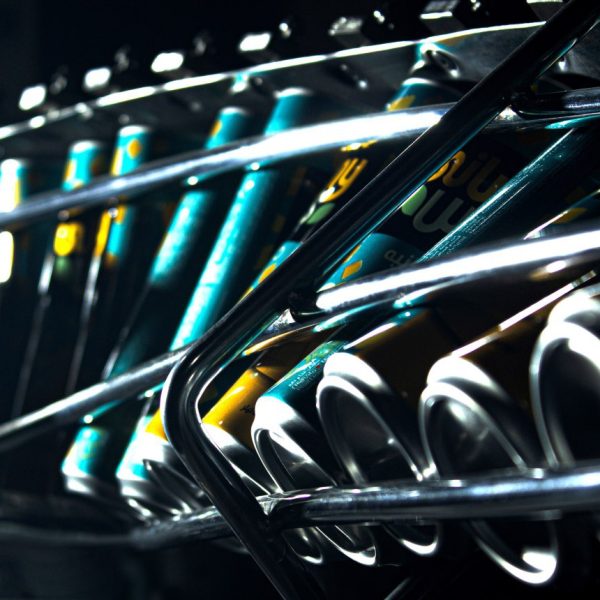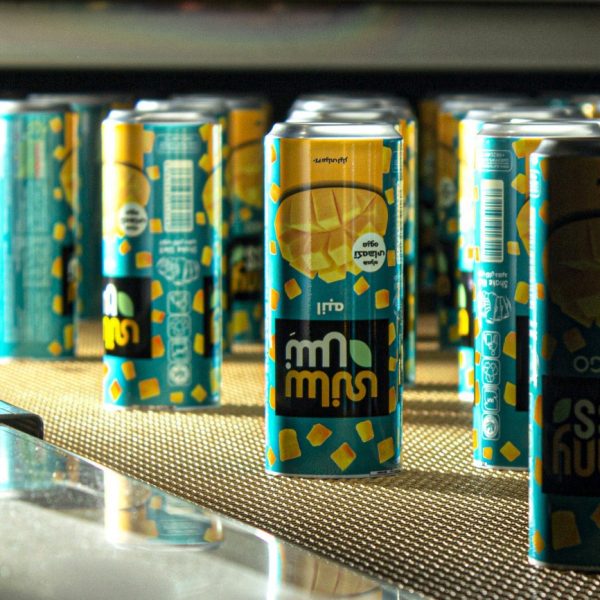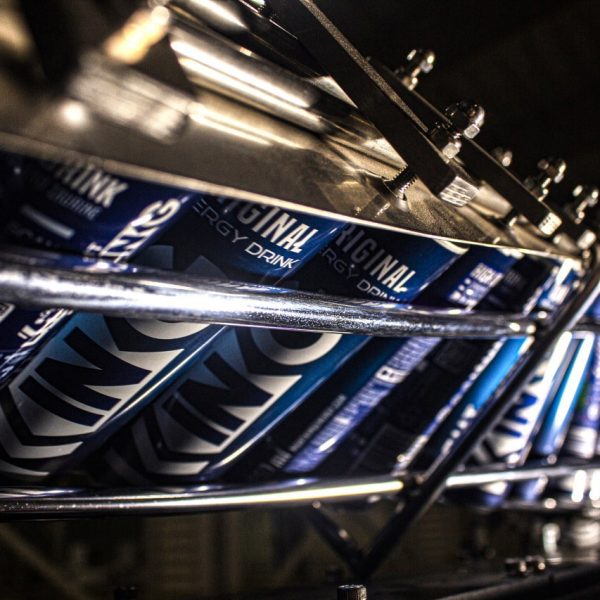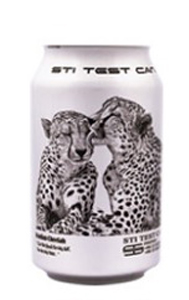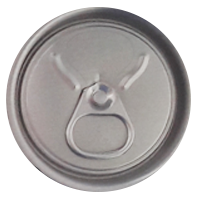Cans are an ideal choice for beverage packaging:
- 100% RecyclableBeverage cans are 100% recyclable so our sustainable
- Convenient and portableLightweight are durable, beverage cans are an ideal fit for active lifestyles without the risk of accidental breakage
- Range of Size, Shape and decoration options Cans are available in a diverse range of sizes, shapes and decoration options. Custom printed aluminum cans allow brands to express their unique personality.
- Chill More quicklyBeverages cans chill more quickly than other packaging format.
- Large, Printable surface areaBeverage cans have a large, printable surface area that serves as a 360 degree for brands on shelves, which is typically not feasible with other package formats.
- Most recycled beverage package in the worldAluminum can are the most recycled beverage package in the world and have a significantly higher global average recycling rate than PET bottles making it a much more sustainable packaging option
Technical Information
In the first phase, TULC cans had been developed under the principles of the Life Cycle Assessment (LCA) where the use of the natural raw materials in the least quantity but with the maximum advantages, was taken into account, by reducing the emission of carbon dioxide (CO2) from the TULC can production process to be down merely at twenty percent (20%) and reducing the energy consumptions by twenty-six percent (26%) compared to the generally conventional can productions of Draw and Wall Ironing (DWI) type.
TULC Technology use absolutely no water during its can forming. Therefore, it does not cause any water pollution. The generally conventional DWI canning processes requires a large quantity of water to help reduce the heat during the ironing and washing process, but TULC cans are formed up by Dry Forming, thus, reducing water consumption by up to 9,000 cubic meters/month/production line in DWI Canning Processes become ‘Zero’ in TULC Technology Process.
The amount of waste metals or other solid debris occurring after the wastewater treatment in the TULC can production process is reduced to remain at only 120 kg/month/production line while the DWI cans account for about 40 tons of waste/month/production line.
Reduction of CO2 Emission to less than one-third, polyester film on both the internal and external surface of “TULC” eliminates the need for coating and baking processes that are essential with the conventional aluminum DWI can. As a result, Spray coating and baking process to stabilize the polymer is different from those of the DWI cans that use coating solution and dried with heat, thus, resulting in the CO2 quantity emitted to the air to be reduced to be lesser than one-third. Therefore, the distinctive feature of TULC cans is remarkable in terms of the light weight, reduction in the energy consumptions and that they can be reused or recycled.
If materials used in the production should be taken into consideration, it could be found that the production technology is still the technology enhancing recycling. The main raw materials used in the TFS production are easier for recycling, including PET films that do not cause any toxic gas in the air when burned because it will be decomposed into CO2 hydrogen and oxygen.
TULC cans have the property to protect the product contained inside to retain the taste, color and aroma better than DWI cans where the interior surfaces of which are coated with lacquer while TULC cans surface is laminated with polyester film that absorbs less flavor components and allow significantly less migration of organic substances over conventional lacquer coating.
covered with strong PET films that do not absorb product odors and flavors.
Products
The body of the 25cl(8.3oz) cans will be of 202 diameter with 200 diameter ends, the 33cl (11.3oz) and 50cl (16.9 OZ) cans will be of 211diameter featuring 202 or 206 End.
The production of Ends are either stay-one-tab (SOT) or ring pull tabs (RPT) depending on the size 200,202 and 206.

